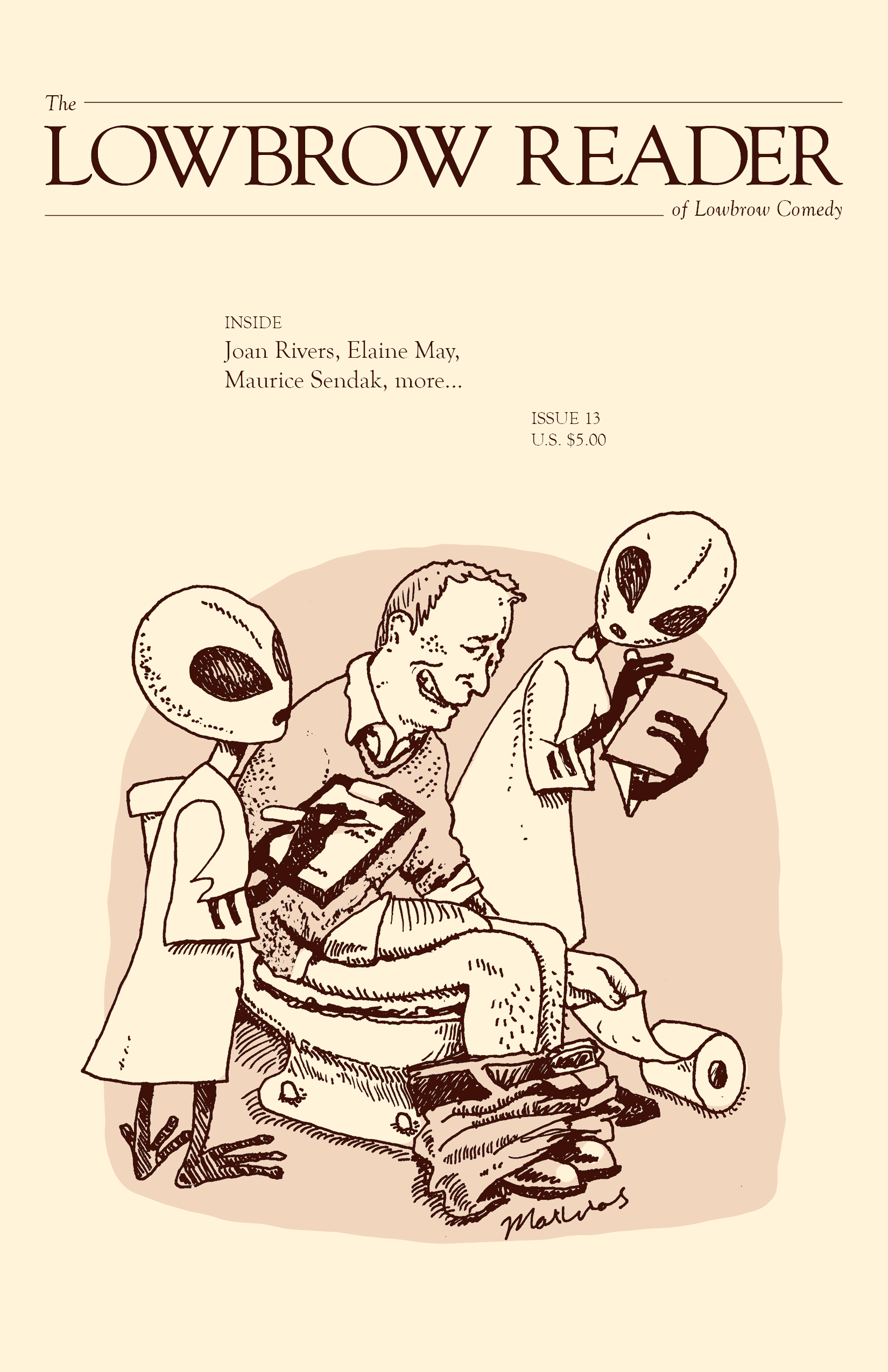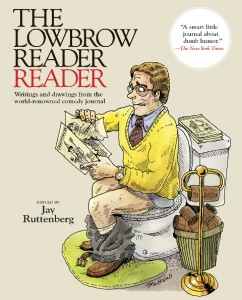The Dreams of a Teenage Anthony Weiner
I am a statesman delivering a much-anticipated speech in an ornate hall. I approach the dais and unfurl my prepared remarks. The packed crowd watches my every movement, rapt. I look down and realize I have neglected to wear a shirt, and am staring out at the gathered men and women completely bare-chested. My toes feel the floor beneath my feet, and I understand that my shoes and socks have been forgotten as well. Finally, I notice that I am wearing neither pants nor undergarments and, in fact, am standing before these dignitaries naked as the day I was born. But suddenly, my dream turns into a nightmare, as I realize that my press secretary has failed to notify the media of my address. There is not a single camera or reporter present: no broadsheets, tabloids, or nightly news. Disaster! I step down from the dais and furiously rebuke this imbecile employee until he breaks down in tears. Returning to the speech, I receive a standing ovation and seven scattered “bravos!”
I am at Shea Stadium and Jerry Koosman is on the mound. An elderly Japanese man has taken my seat by mistake; naturally, I irately reprimand him. But just as he lifts his dagger to commit hara-kiri—which would be especially ironic, as the Mets are playing the Cubs—I deliver a heroic speech about the wonders of life, and he is saved. The game is going into the top of the 7th and the Mets are winning, 104 to 2. It occurs to me that I must urinate, so I excuse myself to visit Shea’s immaculately maintained men’s room. A man appears at the urinal to my right, eating a hoagie. It is Koosman! “Aren’t you supposed to be pitching right now?” I inquire. Koosman laughs my question away, as if he gets such queries all the time. “Young fella, someday, you’re gonna run this town,” he tells me. “Let’s introduce you to some voters.” Koosman tosses me over his shoulder like a sack of potatoes and carries me onto the field. I stand on the pitcher’s mound, urinating, as the game goes on around me. The entire stadium boos. After the game, I shake hands and collect signatures from 835 registered Democrats.
A parade. I stand at the side of the road with my fellow spectators, all of whom wear old-time straw hats, for it is 1934. I am nude but for a strategically placed sombrero—strategically placed, that is, atop my head, so that it can provide my manhood with much-needed shade. Suddenly, an old hag appears. “Hide your shameful manhood!” she cackles. I turn to confront her, for I am a New Yorker and refuse to take any guff, but she disintegrates into thin air. In the parade, an elegant convertible slowly passes, ferrying Fiorello La Guardia. I make a show of berating the mayor, lambasting him for his failed policies as the gathered newsmen, impressed with my performance, take note. A makeshift press conference is convened as I take questions from the reporters. I turn back to Mayor La Guardia to find that he has transformed into his alter ego, Señor Sexy. He is joined in the convertible by several female supporters; they engage in love-making.


